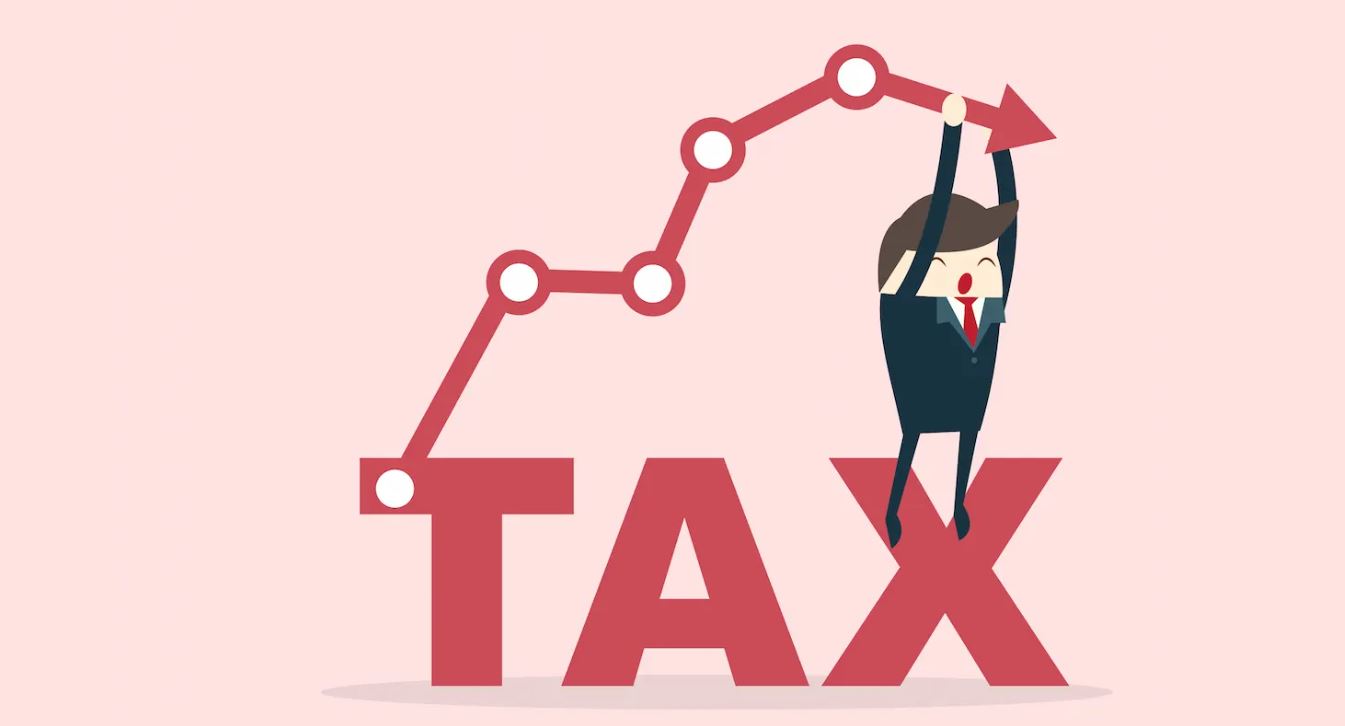Understanding the subtleties of different financial products and their tax implications is essential in the complicated world of personal finance. One such product, personal loan insurance, has particular tax ramifications in addition to providing protection against unanticipated events. This thorough article will explain personal loan insurance, its advantages, and how it affects your taxes.

Understanding Personal Loan Insurance
What is Personal Loan Insurance?
A sort of insurance coverage known as personal loan insurance is intended to pay back loans in the event of the borrower’s demise, disability, or involuntary unemployment. In the event that the borrower experiences life situations that make it more difficult for them to repay the loan, this insurance makes sure that their debt responsibilities are fulfilled.
Types of Personal Loan Insurance
- Life Insurance:settles the loan balance in the case that the borrower passes away.
- Disability Insurance:pays back the debt in the event that the borrower becomes injured and is unable to work.
Benefits of Personal Loan Insurance
Financial Security
In an emergency, personal loan insurance gives borrowers a safety net by guaranteeing that their loan instalments will be made. The borrower and their family may feel a great deal of relief from this financial stability.
Protection for Co-Signers
Personal loan insurance can shield a co-signer on a loan from having to take up the loan repayment obligations in the event that the principal borrower is unable to do so.
Peace of Mind
Borrowers may feel more at ease knowing that loan repayments will be taken care of in an emergency. They can concentrate on their recuperation or job search with this assurance, free from the burden of additional financial responsibilities.
Tax Implications of Personal Loan Insurance
Tax Implications Destructibility of Premiums
Whether or not the premiums paid for personal loan insurance are tax deductible is one of the main worries of borrowers. The type of loan you have and the particular tax regulations in your nation will determine the answer to this.
- Personal Loans:The majority of the time, you cannot deduct the premiums you pay for personal loan insurance from your taxes. This is due to the fact that tax law normally prohibits the deduction of personal costs.
- Business Loans:The premiums for personal loan insurance may be deducted as business expenses if the personal loan is used for business purposes. This deduction may assist in lowering the business’s total taxable income.
Tax implications Treatment of Insurance Payouts
Payouts from personal loan insurance are subject to different tax treatment depending on the type of payment and the specific tax laws in the jurisdiction.
- Life Insurance Payouts:Income tax is typically not applied to life insurance policy payouts. This implies that the payout is often tax-free if the insurer settles the debt because of the borrower’s passing.
- Disability and Unemployment Insurance Payouts:Depending on your nation’s tax regulations, income tax may be applied on benefits from unemployment and disability insurance. To fully grasp the implications, it is imperative to speak with a tax expert.
Tax Credits and Incentives
Borrowers who purchase personal loan insurance may be eligible for tax rebates or other incentives in some states. The purpose of these incentives is to promote stability and protection of borrowers’ finances.

- Low-Income Tax Credits:Certain nations provide tax benefits to low-income people who buy insurance products, such as insurance for personal loans. The cost of premiums may be partially offset by these credits.
- Employer-Sponsored Plans:Companies that include personal loan insurance in their benefits package for staff members may gain tax-wise. These advantages may consist of potential tax-free benefits for employees as well as deductions for the company.
How to Maximise Tax Implications Benefits with Personal Loan Insurance
Tax Implications Detailed Records
To maximise tax implications benefits, comprehensive documentation of all insurance premium payments and rewards must be kept. You can appropriately report expenses and deductions on your tax return by using these data.
Consult with a Tax Professional
Because tax regulations are so complicated, it’s best to speak with a tax expert who can offer you tailored guidance depending on your financial circumstances. They can guide you through the tax ramifications and point out possible credits and deductions.
Review Insurance Policy Terms
Examine the policy’s terms and conditions for personal loan insurance with care. You may maximise your tax benefits and make well-informed selections if you are aware of the coverage, exclusions, and possible tax ramifications.
Conclusion
In times of need, personal loan insurance provides borrowers with important protection by guaranteeing that their loan commitments are fulfilled. To optimise the financial advantages, it is vital to comprehend the tax ramifications linked to personal loan insurance.
Borrowers can manage the intricacies of tax rules and maximise their financial strategy by examining policy terms, keeping thorough records, and speaking with tax professionals. Many borrowers find personal loan insurance to be a good option since it can offer financial protection and peace of mind, regardless of the use of the policy for personal or business purposes.



